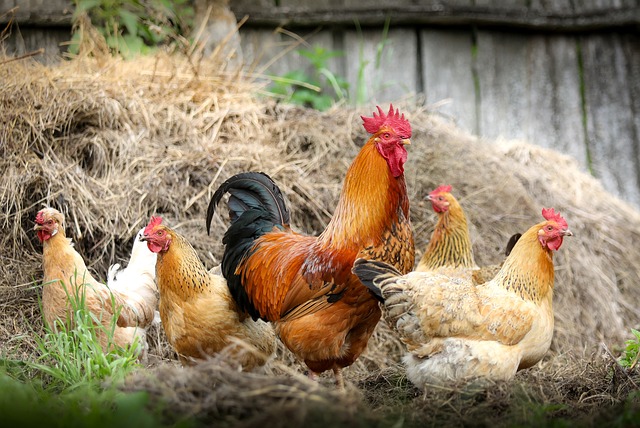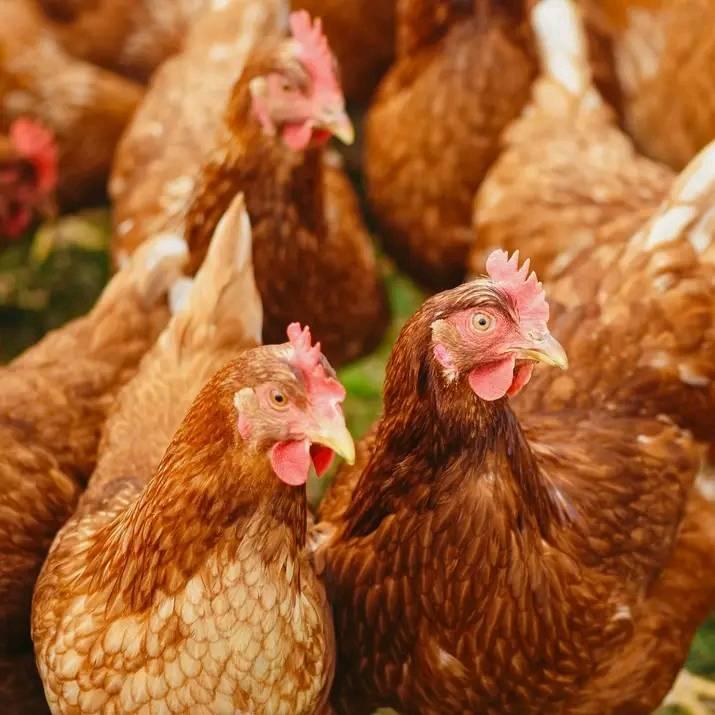Recently, there has been a growing trend toward self-sustainability and demand for organic sources of food, with many households exploring different ways to enhance their food security. One such initiative that stands out is rearing chickens. Chickens provide a reliable source of nutritious food and offer numerous other benefits. Here are ten reasons why every household should consider rearing chickens.
1. Quick Source of Consistent Income Production
Chickens, particularly broilers, are liked for their rapid growth and ever-growing demand. Broilers can be sold at just 4, 5, or 6 weeks of age, depending on market. This quick production cycle ensures a steady supply of meat for consumption or sale, making it a highly profitable farming option.
2. Chickens For Efficient Egg Production
A well-bred hen starts laying eggs at about 22 weeks of age and continues to lay efficiently for 15-18 months. This consistent egg production provides a reliable source of food and income, contributing to household food security.
3. Dual Purpose of Ex-Layer Hens
At the end of their laying period, spent hens can still serve a valuable purpose. They can be utilized for meat purposes, providing meat that can be prepared in various ways. This dual-purpose aspect of hens maximizes their utility and minimizes waste.
4. Enhanced Palatability, Nutritious Value and Digestibility
The palatability, nutritious value, and digestibility of chicken meat have improved significantly with the advancement of chicken breeds. Tenderizing herbs, fruit enzymes, and other natural additives have made chicken meat not only tastier but also easier to digest, catering to diverse dietary needs and preferences.
5. Versatility of Eggs
Eggs are versatile and can be prepared in different ways, each easy to make and requiring minimal time. From boiled and poached eggs to omelets and scrambled eggs, the possibilities are vast, making eggs a convenient and nutritious meal option.
6. Accessibility and Marketability
Marketing eggs and chicken products is not a limitation. Even in remote villages, there is a consistent demand for eggs and routine egg products such as boiled eggs and omelets. This widespread marketability ensures that households can easily sell their surplus production.
7. Low Capital Requirement for Poultry Farming
Establishing a small poultry farming unit requires relatively low capital investment. This makes it an accessible and viable livelihood option for many households, particularly in rural areas where initial financial resources may be limited.
8. Affordable Marketing of Egg Preparations
Similarly, the marketing of egg preparations involves minimal capital. Households can easily prepare and sell egg-based products, creating an additional income stream with a modest investment in equipment and ingredients.
9. Fresh Eggs for Domestic Consumption
Backyard poultry farming provides households with a steady supply of fresh eggs, enhancing food security and nutrition. In rural areas, this can also serve as a source of subsidiary income, supporting the overall economic well-being of families.
10. Nutritious Poultry Manure
Poultry manure is a highly nutritious fertilizer that benefits crops in rural areas and pot plants in urban settings. By using chicken manure, households can enhance their gardening efforts, promoting sustainable agriculture and reducing the need for chemical fertilizers.
Conclusion
Rearing chickens offers multiple benefits that extend beyond just providing food. From economic advantages and low startup costs to environmental sustainability and nutritional improvements, poultry farming is a practical and beneficial venture for any household. By embracing backyard poultry farming, families can enjoy fresh produce, additional income, and a more sustainable lifestyle.




